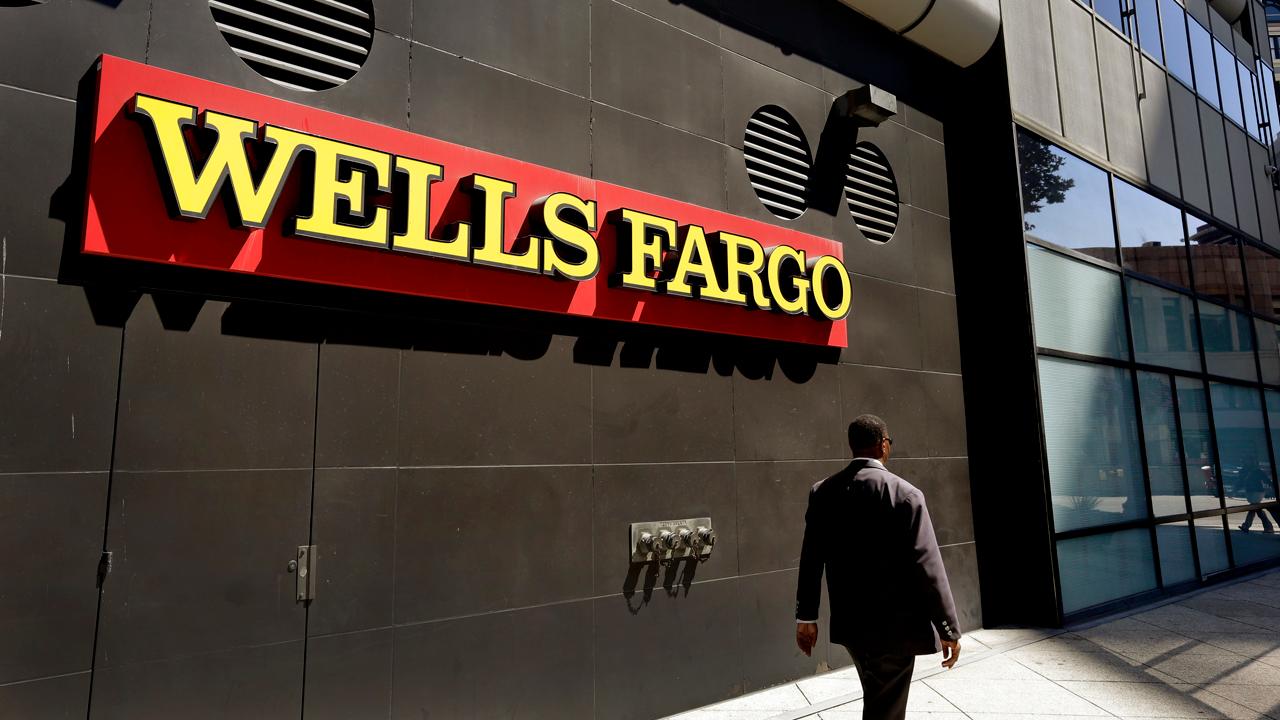Wells Fargo Advisors to pay $5M over improper investment sales: SEC
Scandal-ridden Wells Fargo settled charges with the Securities and Exchange Commission (SEC) on Monday, over claims it engaged in misconduct in regards to the sale of certain financial products.
The SEC found that Wells Fargo Advisors generated “large fees” by improperly encouraging retail customers to trade debt securities known as market-linked investments (MLIs) – which are intended to be held until maturity – before they were mature and investing the proceeds back into more MLIs. This strategy generated returns for Wells Fargo while reducing investor profits, the SEC said.
Supervisors at the bank are also said to have approved such transactions despite internal policies against short-term trading of the products.
Wells Fargo Advisors agreed to return more than $930,00 worth of the profits, plus interest, and to pay a $4 million penalty. The SEC said the bank neither confirmed nor denied any wrongdoing.
Last month Wells Fargo came under fire after it was revealed that it kept rebates that should have been deposited in a Tennessee public pension fund and paid a $187,000 fine for violating futures-trading rules at the Chicago Mercantile Exchange (CME).
In September 2016 the bank was issued a total of $185 million in fines for creating as many as 3.5 million fake bank and credit card accounts.
The fine issued on Friday covers two incidents, one in 2015 and the other in 2016. A Wells Fargo trader “pre-hedged” block trades in Treasury futures. A block trade is a privately negotiated order, usually submitted by an institutional investor or hedge fund, for a large number of securities – typically 100,000 shares of stock or $200,000 worth of bonds – to be exchanged between two parties at an arranged price. At the time, the CME forbade the firms that executed those orders, like Wells Fargo, from hedging risk on a block trade based on the position they believe would result from the transaction before it was carried out. “Pre-hedging,” as it is known, could hurt the price for the broker’s clients.
The CME also said the bank did not train the trader on the rule that was broken.
Wells Fargo declined to comment on the fine.
More fines may be in the pipeline. The U.S. Labor Department is also reportedly looking into whether Wells Fargo pressured participants in lower-cost corporate 401(k) accounts to roll their savings into more expensive IRA plans when they retire or leave their jobs, according to reports released last month. Investigators are examining whether the bank encouraged savers to purchase in-house funds that would have increased its own revenue.
Meanwhile, last month, the Consumer Financial Protection Bureau and the Office of the Comptroller of the Currency announced that Wells Fargo had agreed to pay a $1 billion fine as part of a settlement after the bank forced an auto loan insurance program onto hundreds of thousands of consumers that did not need it and mischarged consumers for certain mortgage interest rate lock extension products.




















